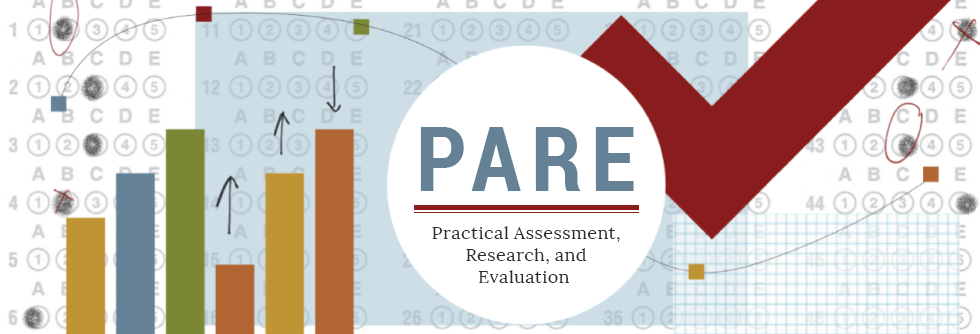Random Forest as a Predictive Analytics Alternative to Regression in Institutional Research
DOI
https://doi.org/10.7275/1wpr-m024
Abstract
In institutional research, modern data mining approaches are seldom considered to address predictive analytics problems. The goal of this paper is to highlight the advantages of tree-based machine learning algorithms over classic (logistic) regression methods for data-informed decision making in higher education problems, and stress the success of random forest in circumstances where the regression assumptions are often violated in big data applications. Random forest is a model averaging procedure where each tree is constructed based on a bootstrap sample of the data set. In particular, we emphasize the ease of application, low computational cost, high predictive accuracy, flexibility, and interpretability of random forest machinery. Our overall recommendation is that institutional researchers look beyond classical regression and single decision tree analytics tools, and consider random forest as the predominant method for prediction tasks. The proposed points of view are detailed and illustrated through a simulation experiment and analyses of data from real institutional research projects. Accessed 3,712 times on https://pareonline.net from January 13, 2018 to December 31, 2019. For downloads from January 1, 2020 forward, please click on the PlumX Metrics link to the right.
Creative Commons License

This work is licensed under a Creative Commons Attribution-NonCommercial-No Derivative Works 4.0 International License.
Recommended Citation
Lingjun, He; Levine, Richard A.; Fan, Juanjuan; Beemer, Joshua; and Stronach, Jeanne
(2019)
"Random Forest as a Predictive Analytics Alternative to Regression in Institutional Research,"
Practical Assessment, Research, and Evaluation: Vol. 23, Article 1.
DOI: https://doi.org/10.7275/1wpr-m024
Available at:
https://scholarworks.umass.edu/pare/vol23/iss1/1
